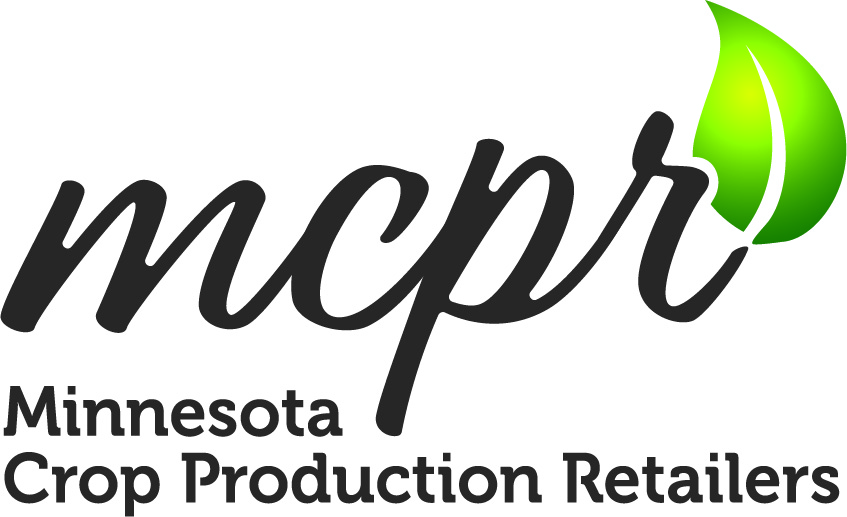Short Course session to focus on retailer’s place in climate-smart ag
As more and more focus shifts to climate-smart agriculture, what does that mean for the ag industry as a whole? The Minnesota Crop Production Retailers (MCPR) hopes to answer some of those questions during a panel session at this year’s CPM Short Course and MCPR Trade Show Dec. 10-12 at the Minneapolis Hilton hotel.
The session called “Soil Health and Climate Smart Ag: What’s in it for me?” will feature a five-member panel made up of experts from both the private and public sector and will be moderated by Peter Mead, agricultural project manager with The Nature Conservancy.
“Last year at the Short Course we hosted a plenary session that laid the groundwork for much of what’s going to be discussed in this panel session. I was really encouraged by the interest on the topic last year and the number of conversations we’ve had since then,” Mead said. “I see this panel as a way to build off of that momentum and helping those present find their place at the table as we see all these changes unfold.”
Panel members scheduled for the session include Anna Cates (Minnesota Office for Soil Health), Ariel Kagan (Minnesota Farmers Union), Jared House (Minnesota Board of Soil and Water Resources), Andrew Lambert (Centra Sota Cooperative), and TJ Cartes (Saddle Butte Ag).
Mead noted that there is a historic influx of both federal and state funding currently coming to Minnesota to promote widespread adoption of soil-friendly and climate-smart agricultural practices, including $1.2 billion worth of USDA Climate-Smart Commodities partnership projects. At the same time, demand for sustainably produced products and feedstocks has created opportunities for ag retail to diversify revenue streams, capture new markets and continue to build trust with customers by incorporating conservation-aligned services in their business.
“We’re seeing unprecedented investments at both the state and federal levels to adapt climate-smart practices, and at the same time climate change is impacting farmer’s bottom lines,” Mead said. “It’s become the perfect storm here in Minnesota and everyone is looking to see where they fit in.”
During this panel session speakers will share current opportunities, practical experience and on the ground examples of successful service-models for conservation delivery, while engaging the audience in applying key insights to their own position in the value chain
“Largely it’s been a margins-based industry centered around sales of product,” Mead said. “What I’m hoping we can do is help crop retailers see the value of various service offerings being added into their portfolio that revolve around regenerative agriculture.”
After brief presentations, the panel will host a Q&A to foster dialogue, solicit perspectives and forge connections to emerging opportunities in the public and private sectors.
“I’m looking forward to the discussions with the panel, hearing the perspectives of the audience and what some of their hesitations may be regarding their commitment to climate smart ag and forging some new connections,” Mead said.
The Soil Health and Climate Smart Ag panel session is scheduled for Wednesday, Dec. 11 with an exact time to be determined. View the current agenda and learn more about the Short Course Programming here.
